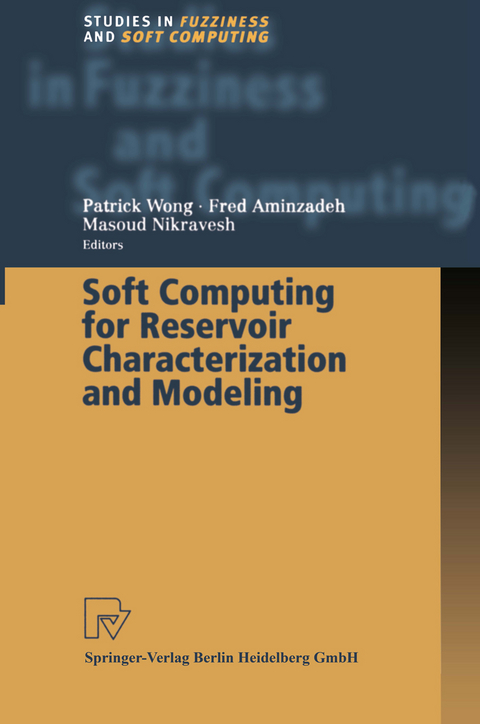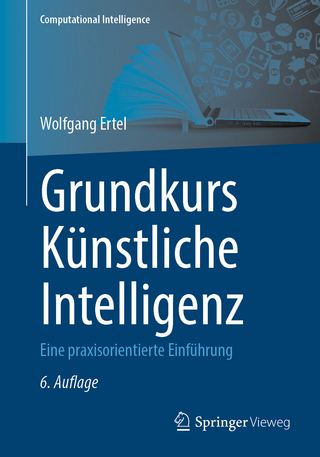
Soft Computing for Reservoir Characterization and Modeling
Physica (Verlag)
9783790824957 (ISBN)
Intelligent Reservoir Characterization.- 1. Seismic Characterization.- Prediction of Reservoir Properties by Monte Carlo Simulation and Artificial Neural Network in the Exploration Stage.- Application of Neural Networks in Determining Petrophysical Properties from Seismic Survey.- Mapping the Gas Column in an Aquifer Gas Storage with Neural Network Techniques.- Interval and Fuzzy Kriging Techniques Applied to Geological and Geophysical Variables.- Application of Self-Organizing Feature Maps to Reservoir Characterization.- 2. Well Logging.- Taking One Step Forward in Reservoir Characterization Using Artificial Neural Networks.- Inverting SP Logs Using Artificial Neural Networks and the Application in Reservoir Characterization.- Predicting Petrophysical Parameters in a Fuzzy Environment.- The Application of Fuzzy Logic and Genetic Algorithms to Reservoir Characterization and Modeling.- The Use of Soft Computing Techniques as Data Preprocessing and Postprocessing in Permeability Determination from Well Log Data.- A New Technique to Estimate the Hydrocarbon Saturation in Shaly Formations: A Field Example in the Bahariya Formation, Egypt.- 3. Numerical Geology.- Automated Reconstruction of a Basin Thermal History with Integrated Paleothermometry and Genetic Algorithm.- An Automatic Geophysical Inversion Procedure Using a Genetic Algorithm.- Statistical Pattern Recognition and Geostatistical Data Integration.- How to Improve Reservoir Characterization Models Using Intelligent Systems.- Regional Upscaling: A New Method to Upscale Heterogeneous Reservoirs for a Range of Force Regimes.- 4. Advanced Algorithms.- New Uncertainty Measures for Predicted Geological Properties from Seismic Attribute Calibration.- Rule Induction Algorithm for Application to Geological and Petrophysical Data.- Joint Lithologic Inversion.- Support Vector Machines for Classification and Mapping of Reservoir Data.- Non-parametric Covariance Modeling Using Fast Fourier Transform.- About the Editors.
| Erscheint lt. Verlag | 29.1.2011 |
|---|---|
| Reihe/Serie | Studies in Fuzziness and Soft Computing |
| Zusatzinfo | XV, 586 p. |
| Verlagsort | Heidelberg |
| Sprache | englisch |
| Maße | 155 x 235 mm |
| Gewicht | 900 g |
| Themenwelt | Informatik ► Theorie / Studium ► Künstliche Intelligenz / Robotik |
| Naturwissenschaften ► Geowissenschaften ► Geologie | |
| Naturwissenschaften ► Geowissenschaften ► Geophysik | |
| Schlagworte | algorithms • classification • Cognition • Evolution • evolutionary computation • fuzzy • Fuzzy Logic • Genetic algorithms • Geology • Geophysics • Intelligent Systems • Modeling • Neural networks • Oil and Gas • reservoir • Reservoir Characterization • Reservoir Engineering • Reservoir Geology • Reservoir Geophysics • Soft Computing • Uncertainty • Well logging |
| ISBN-13 | 9783790824957 / 9783790824957 |
| Zustand | Neuware |
| Informationen gemäß Produktsicherheitsverordnung (GPSR) | |
| Haben Sie eine Frage zum Produkt? |
aus dem Bereich


